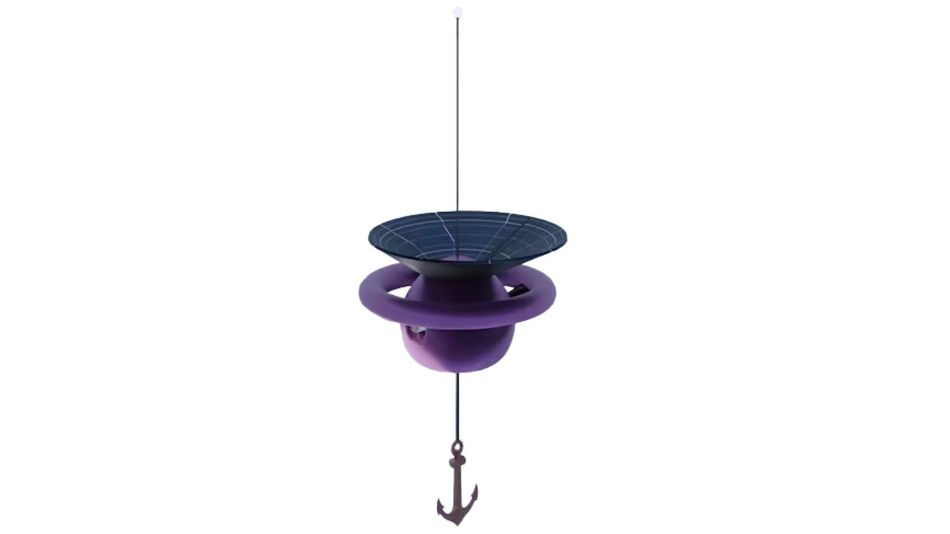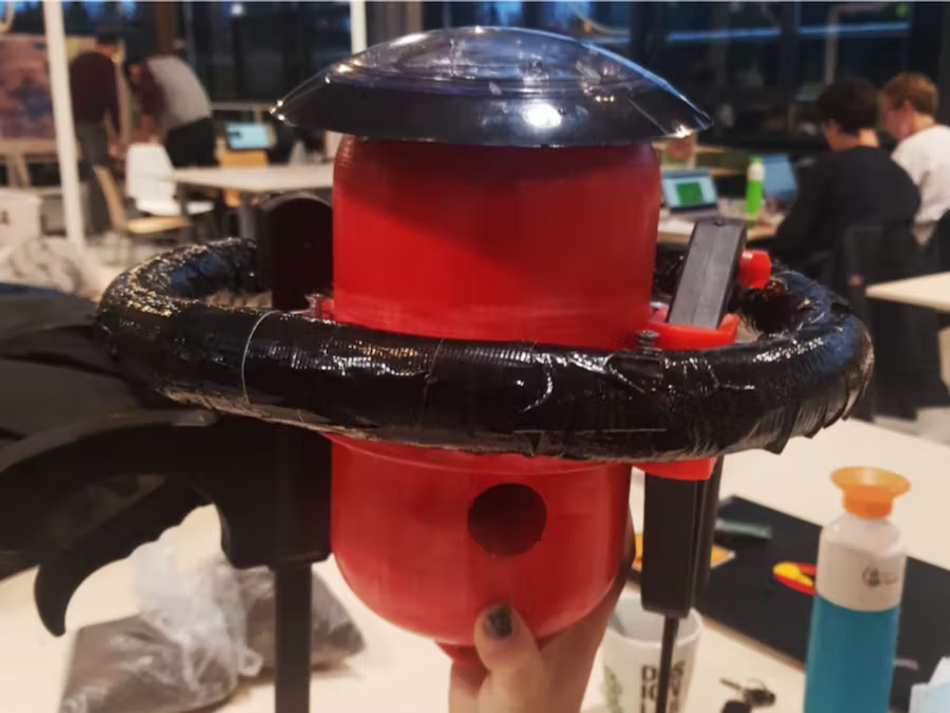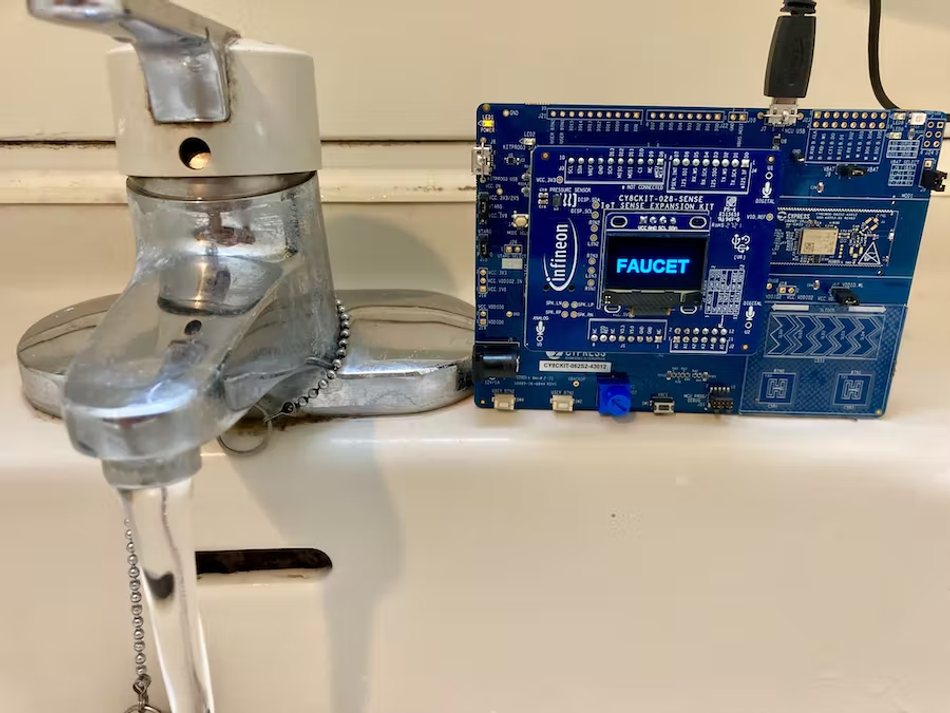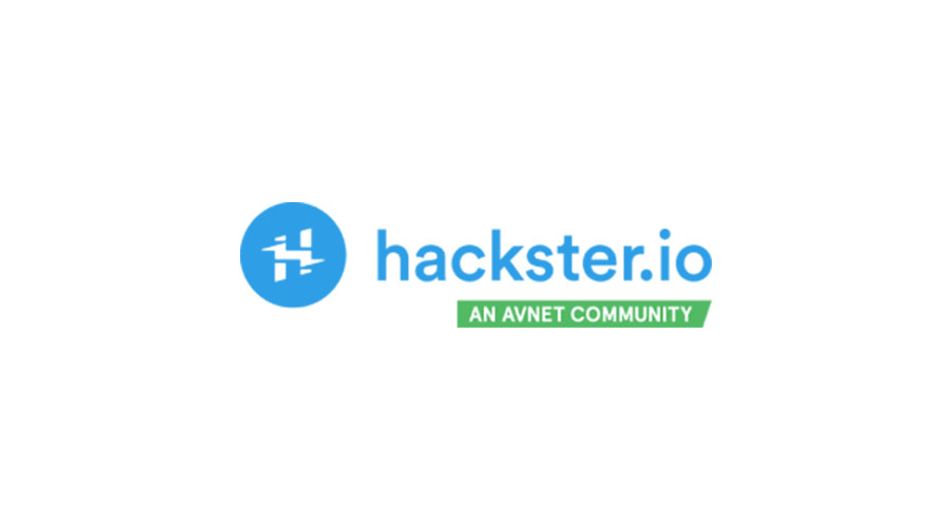Open Source Projects for Improving Air and Water Quality
The collaborative nature of open source projects brings together people across the world to work towards improving and monitoring our natural resources.
The increasing amount of pollutants in nature is regarded as one of the greatest challenges faced by humanity. As per a recent report by the World Health Organization (WHO), a majority of the global population breathes polluted air.[1] The fact that at least 2 billion people live in water-stressed areas is another matter of concern.[2]
The effects of pollution can be mitigated, reversed, and future air and water quality protected through technological solutions. In this article, we highlight the importance of open source technologies in protecting the environment and showcase some recent open source projects posted on Hackster.io that aim to protect air and water quality.
Additionally, we give an overview of the upcoming Impact Summit hosted by Hackster.io.
Introduction to Open Source
Open source is a term used to describe technologies that are readily available to everyone. Open source technologies can be studied, altered, and redistributed freely. The term can be used for hardware, software, or a combination of both.
Physical designs and artifacts that are available to everyone without licensing are categorized as open source hardware. The inventor/developer discloses all the necessary details required to build the product. The description includes Printed Circuit Board (PCB) designs, Bill of Materials (BOM), source code, and more.
An example of a successful open source platform is Arduino. It is a microcontroller development platform based on easy-to-use open source hardware and software. Arduino is widely used by hobbyists and engineers for rapid prototyping of electronic project ideas.
Open Source Technologies for Sustainable Development
Today, more than ever, we are witnessing a shift away from proprietary technologies to free and open source solutions. By making the details available to anyone who wants it, open source technologies see large public participation. Air pollution and water pollution are among the biggest problems faced by our planet, so mass adoption is a must for projects to have an impact.
Here are some advantages of using open source technologies for sustainable development:
- Transparency: Understanding how exactly something works can make it easy for everyone to recreate it and utilize it as per their needs. Project designs and the collected data are made available to all for advancing the study.
- Collaborative nature: Open source technologies are openly available. Users of these technologies come together to form a community and engage in constructive discussions. This collaborative nature of open source technologies boosts innovation and further improves them.
- Cost-effective: Since no licensing costs are involved, users need to just purchase the relevant hardware tools, and download freely available software tools to get started with building open source projects.
- Availability: Easy availability of open source projects makes them scalable and implementable on a very large scale. Projects that protect, and improve air, and water quality can be implemented on a large scale to make them more effective.
- Focuses on the greater good: Fresh air and water are among the most basic necessities for life. Research in this domain must not be driven by personal gains. While adapting open source projects for their own needs, users add value to the project by making contributions and optimizations.
Open Source Air and Water Quality Improvement Projects from Hackster.io
Owing to the advantages mentioned in the previous section, open source projects are highly scalable. This section showcases some open source projects for air and water quality improvement from Hackster.io users with a lot of potential.
Ribbit Network
Ribbit network is the world’s largest crowdsourced network of open source and low-cost carbon-dioxide gas detection sensors. The project aims to solve the problems associated with the collection of greenhouse gas emission data on a large scale.

Ribbit network consists of small devices (called frogs) made with open source tools. Each frog acts as a node for the collection of greenhouse gas emission levels. The data is collected and uploaded by a number of ribbit frogs to the cloud. Researchers, corporates, governmental organizations, and other stakeholders can access this data to make informed decisions about the future.
Check out our article featuring the Ribbit network: TinyML unlocks new possibilities for sustainable development technologies. The project can be built by anyone with the help of an easy-to-follow online tutorial from Hackster.io: Ribbit Network
Water Quality Monitoring Buoy
Just like air pollution, water pollution is mostly anonymous and extremely difficult to track. To deal with this problem, Emile van Eps, a creative technologist, and a Hackster.io community member proposes a water quality monitoring buoy.

It is a floating device that can be placed in water bodies near industrial sites to locate nature-threatening contaminations. When the device detects a chemical spill or any other type of water pollution, it alerts local authorities so that immediate preventive actions may be taken.

Water quality monitoring buoys are powered by solar energy and can be built with an Arduino Internet of Things kit and a few custom enclosures.
Check out the complete article on Hackster.io by visiting the following link: Water Quality Monitoring Bouy
Running Faucet Detector and Alert System
Apart from preventing water from getting polluted, it is necessary to take steps to reduce its wastage. The elderly suffer from conditions such as dementia that sometimes make it difficult for them to remember small things such as turning a water faucet off.

This project by Naveen is about detecting running water faucets with the help of an Artificial Intelligence of Things (AIoT) device. The project uses Infineon PSoC™ 62S2 Wi-Fi BT Pioneer Kit and IoT Sense Expansion Kit along with software toolkits. With the help of a microphone, the device ‘listens’ to running taps and sends notification alerts.
Read the complete article on Hackster.io: Running Faucet Detector and Alert System
Conclusion
There is an urgent need for actions to protect air and water quality from further degradation. Technologies that enable efficient monitoring and reduction of pollutants in air and water can go a long way in protecting the environment.
Open source projects promoting a free exchange of knowledge and grassroots innovation are key to a more sustainable future.
Impact Summit by Hackster.io
Impact Summit is a two-day virtual event happening October 11-12 2022 that focuses on initiatives that measure, monitor, and protect our earth's air and water supply. Through keynotes, panel discussions, workshops, demos, community spotlights, and many other interesting sessions, the event will inspire engineers, makers, and researchers to make a sustainable impact within their community.
Register for the Impact Summit by Hackster.io and be a part of the latest developments in open source technologies for air and water quality protection!
The Impact Summit Schedule:
Oct 11, 2022 | |
09:00 10:25 PST | Welcome Keynote, and Panel Discussion |
10:25 - 12:05 PST | Lunch break |
12:05 - 13:05 PST | Demos, and Community Spotlight |
13:05 - 15:05 PST | Hackster Cafe, Technical Workshops, and Special Announcement |
15:05 PST - 15:20 | Closing |
Oct 12, 2022 | |
09:00 10:25 PST | Welcome Keynote, and Technical Workshops |
11:25 - 12:25 PST | Panel Discussion and Hackster Cafe |
12:25 - 13:25 PST | Lunch break |
13:25 - 15:15 PST | Community Spotlight, Demos, and Special Announcement |
15:15 - 15:20 PST | Closing |
16:00 - 18:00 PST | San Francisco meetup |
About the Sponsor: Hackster.io
Hackster.io is a community for makers to showcase their innovative electronics projects and learn from each other. The platform regularly organizes events and contests centered around various themes in technology. Hackster.io has 2,000,000+ users worldwide and features 33,000+ open source projects.



